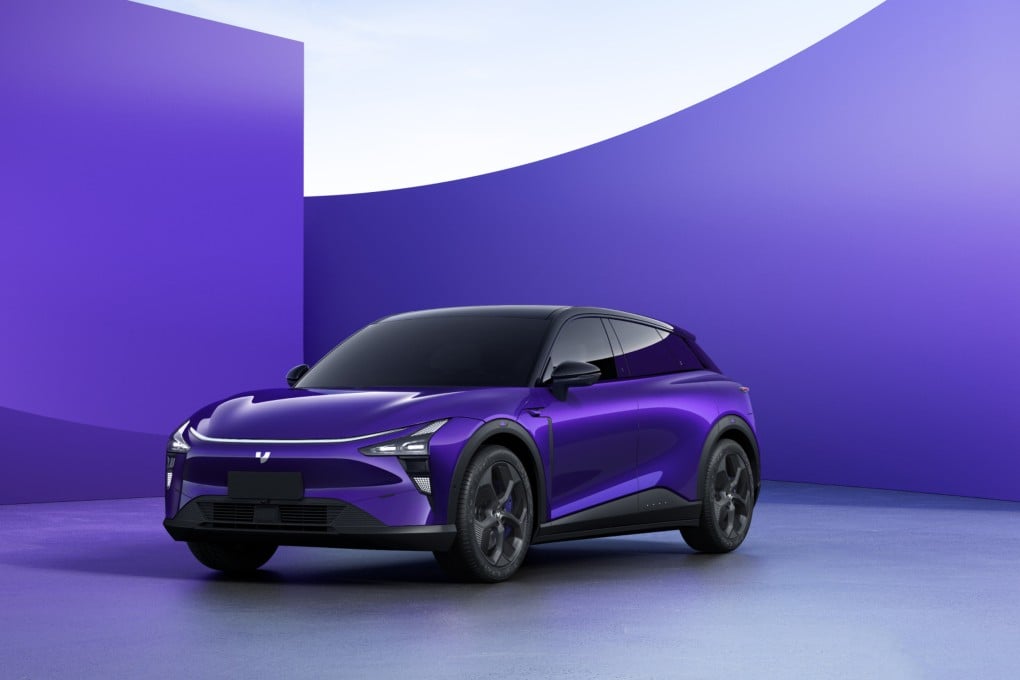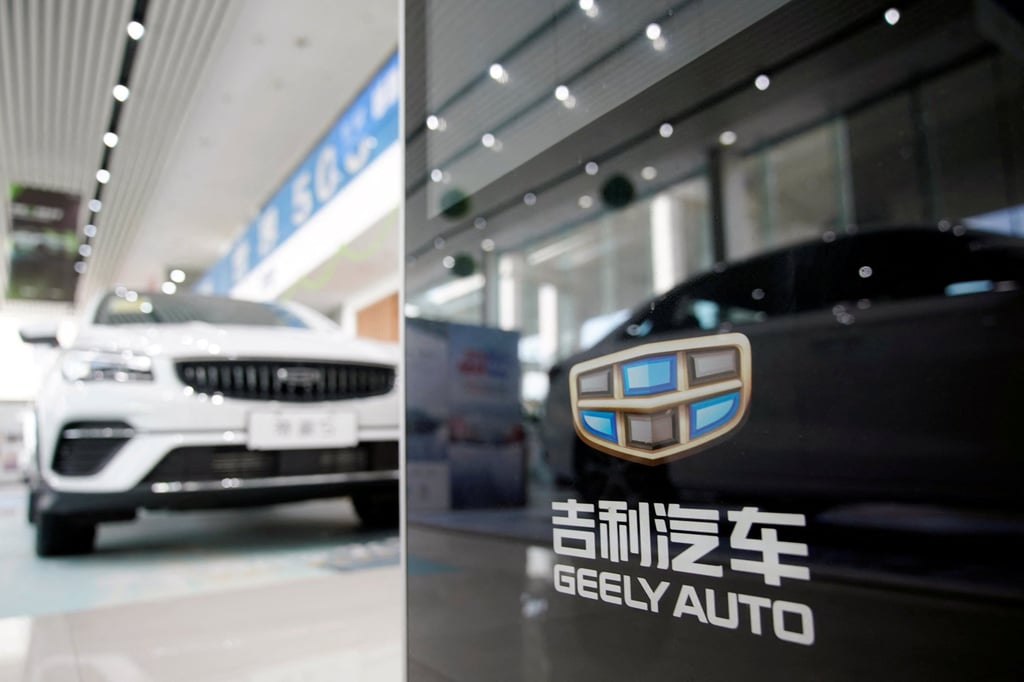China’s Baidu edges closer to first production EV after Geely venture Jidu gets nod from Beijing
- Baidu’s Jiyue 01 smart SUV included in a new catalogue of EV models compiled by China’s Ministry of Industry and Information Technology
- The SUV will be built by Volvo Cars owner Geely, Baidu’s EV partner

Any new model that makes the ministry’s list can technically start production. Two industry sources with knowledge of the approval process told the Post that Baidu made huge efforts to convince the regulators that as a technology company it is capable of building high-quality smart EVs to support growth in the industry.
“Baidu has accumulated abundant technologies and experiences in autonomous driving and digital cockpit systems, but it has not established itself as a strong carmaker,” said Cao Hua, a partner at Shanghai-based private-equity firm Unity Asset Management. “It is not unusual for the regulators to take a cautious stance in the matter.”

The EV will have a high level of autonomous driving capabilities, on par with Level 4 (L4). Global standards body SAE International defines L4 as autonomous driving that does not require human intervention in most circumstances, but the driver still has the option to take control of the car. L5, or full driving automation, means a vehicle does not need human intervention under any circumstances.